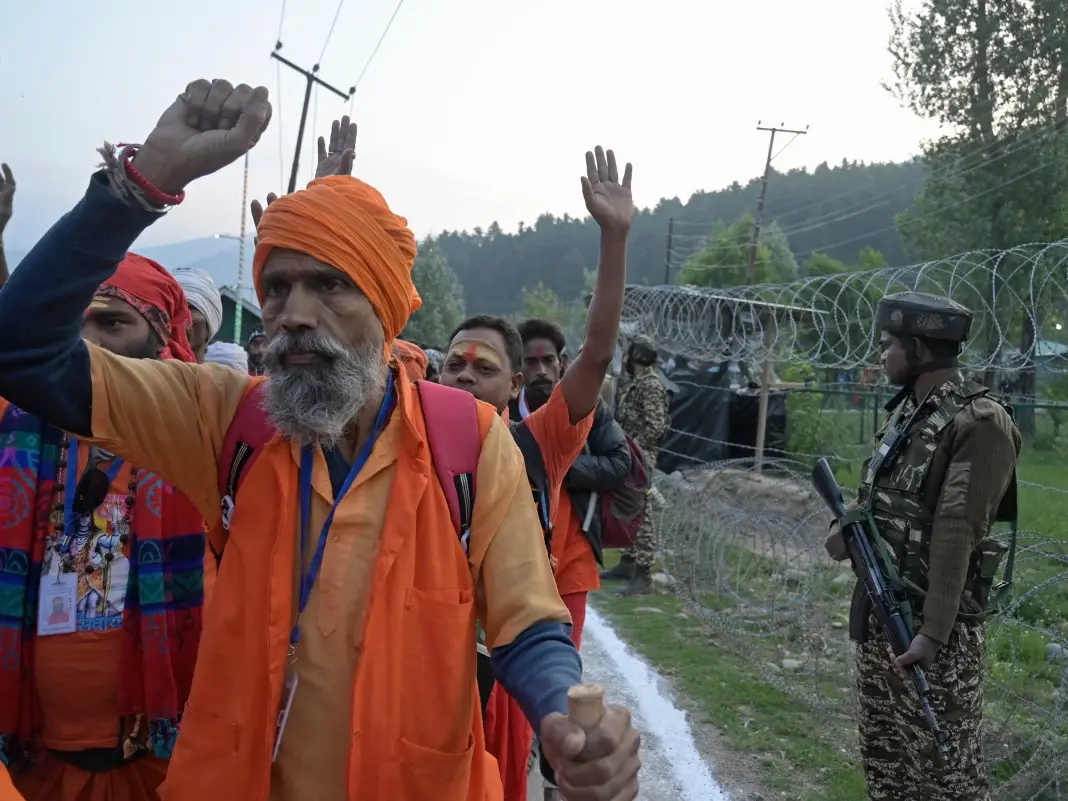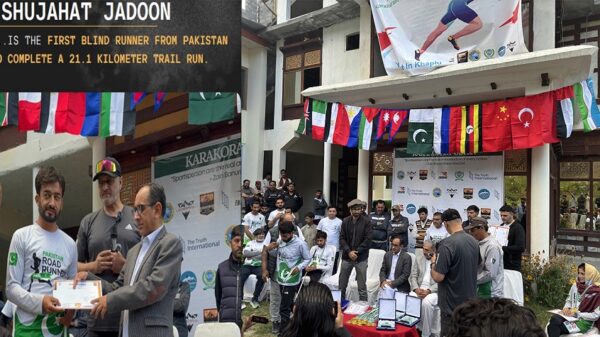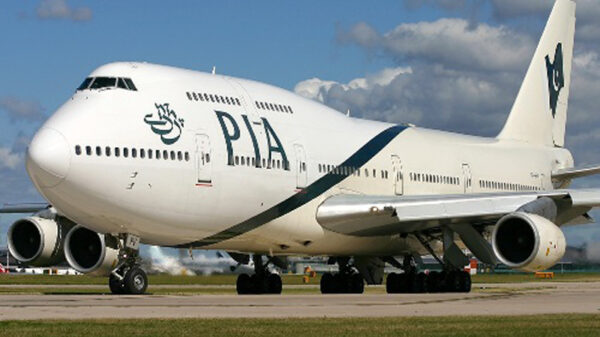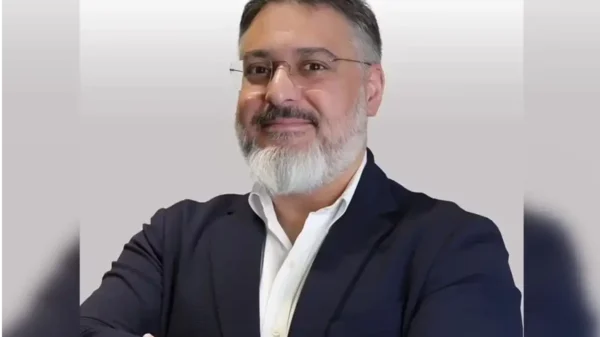Disputed IIOJK Territory
Dev Raj, a 90-year-old Hindu elder, is set to cast his vote in the upcoming local elections in Indian Illegally Occupied Jammu and Kashmir (IIOJK) for the first time in 77 years. His choice is clear: “I will cast my vote, and happily, for Modi,” Raj said, referring to Indian Prime Minister Narendra Modi, leader of the Hindu-nationalist Bharatiya Janata Party (BJP).
The three-phased elections in IIOJK, beginning on September 18, mark the region’s first regional assembly elections in a decade. This will be the first such election since New Delhi abrogated the semi-autonomous status of the disputed region and imposed direct rule in 2019. A total of 8.7 million eligible voters will participate in these elections, which have attracted significant attention due to their historical and political implications.
Raj’s story highlights the enduring legacy of colonialism and the complex shifts in identity within this contentious Himalayan region. Kashmir has been a point of contention between nuclear-armed rivals India and Pakistan since the chaotic partition of British India in 1947. Both countries claim the territory in its entirety, but it remains divided between them.
The region has been heavily militarized, with around 500,000 Indian troops deployed there for decades. This military presence has been accompanied by a series of curfews, crackdowns, and restrictions on Kashmiri political parties. The people of Kashmir, including many civilians and freedom fighters, have long struggled for self-determination in line with UN resolutions.
Raj was a teenager during the tumultuous period of Pakistan’s independence, which saw massive violence and upheaval. Around one million people lost their lives during the partition, with Hindus fleeing to India and Muslims moving in the opposite direction.
Raj and approximately 5,700 Hindu families resettled under Indian rule in IIOJK. Today, the descendants of these families, totaling around 150,000 individuals, are classified as “West Pakistan Refugees” (WPR).
These refugees have been recognized as Indian citizens and have had the right to vote in national elections, including in June when Modi won a third term.
However, IIOJK’s previous special status allowed only those who descended from residents of the territory in 1934 to vote and own property. This restriction was overturned in 2019 when Modi’s government abrogated these rules and imposed direct governance from New Delhi.
The current elections are viewed by major Kashmiri parties, who advocate for either independence or merger with Pakistan, as a means of legitimizing New Delhi’s control over the region. Critics argue that the 90-seat assembly to be elected will have limited powers, with critical decisions remaining under New Delhi’s control, including the appointment of the governor.
While previous governments were wary of granting full rights to the WPR group for fear of disturbing the region’s demographic balance, Modi’s administration has encouraged people from outside the region, especially to the Jammu district, which has had a predominantly Hindu population since partition.
Some WPR activists, like Labha Ram Gandhi, express dissatisfaction with the BJP. Gandhi noted, “They (BJP) expect that since they have granted us full citizenship rights, we would vote for them, but the party has not given a single ticket to anyone from among us.” Gandhi plans to vote for candidates who will address their issues, such as formal land ownership.
Although the WPR group is not large enough to significantly alter election outcomes, their participation is seen as part of the BJP’s broader strategy to garner Hindu support. This electoral exercise in IIOJK reflects ongoing political and social dynamics in the region, as well as the impact of New Delhi’s policies on local governance and identity.
I am a dynamic professional, specializing in Peace and Conflict Studies, Conflict Management and Resolution, and International Relations. My expertise is particularly focused on South Asian Conflicts and the intricacies of the Indian Ocean and Asia Pacific Politics. With my skills as a Content Writer, I serve as a bridge between academia and the public, translating complex global issues into accessible narratives. My passion for fostering understanding and cooperation on the national and international stage drives me to make meaningful contributions to peace and global discourse.










